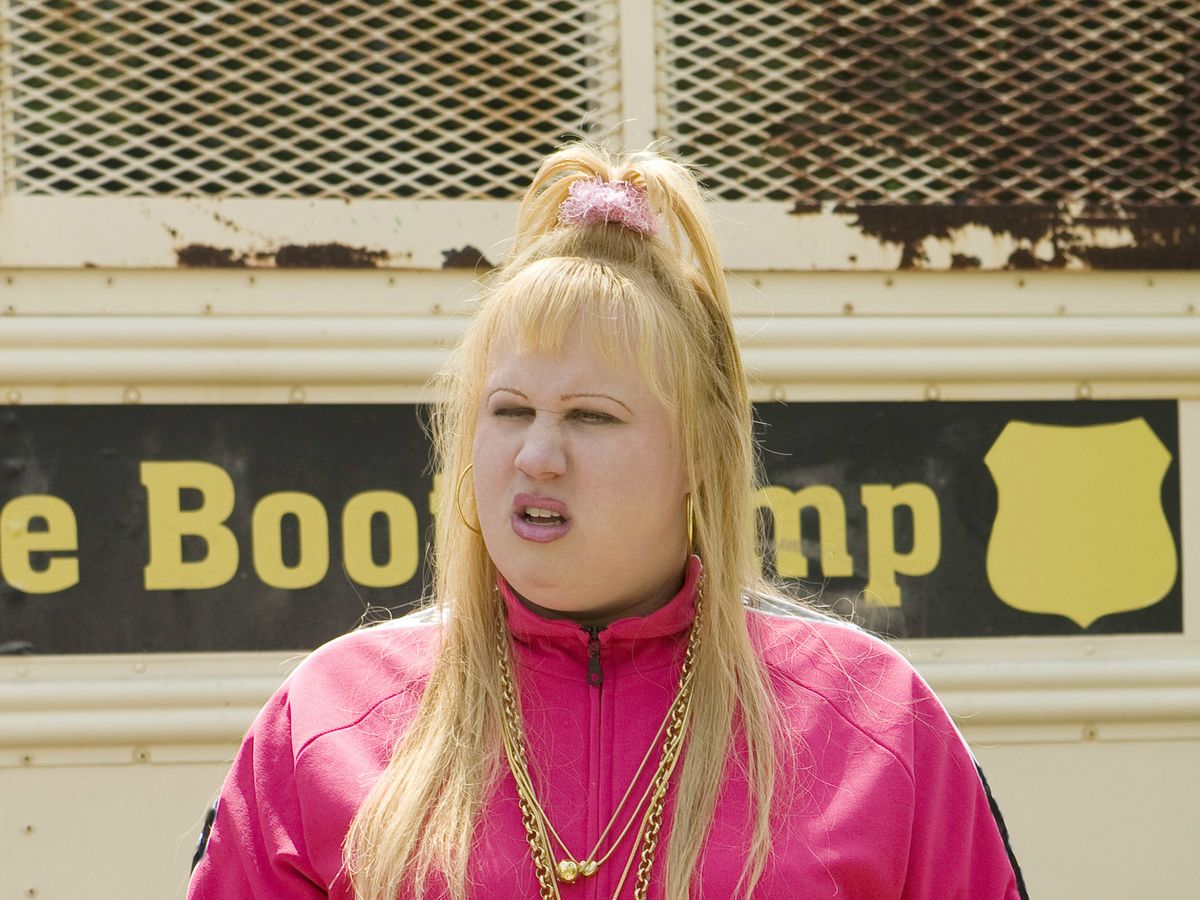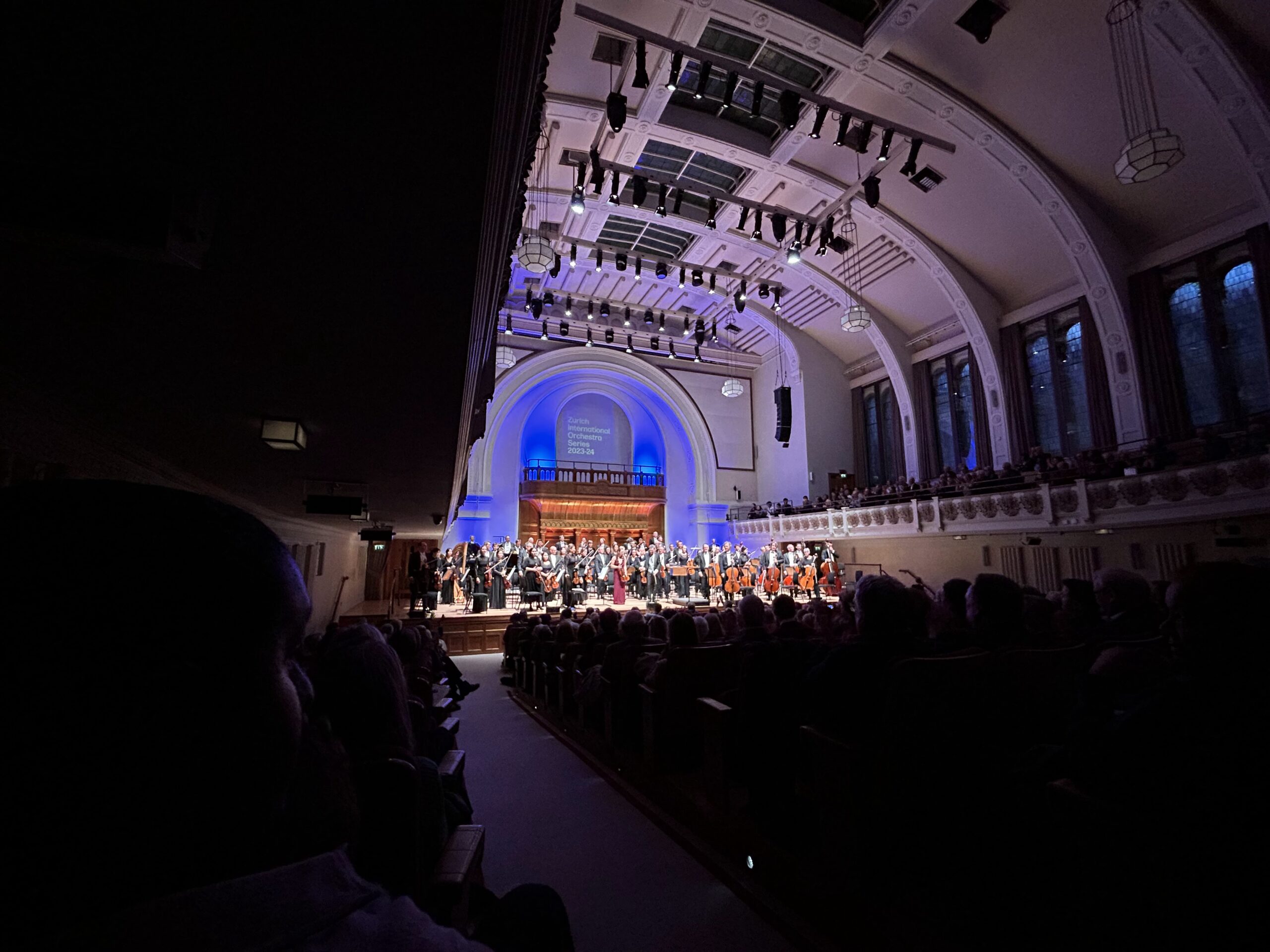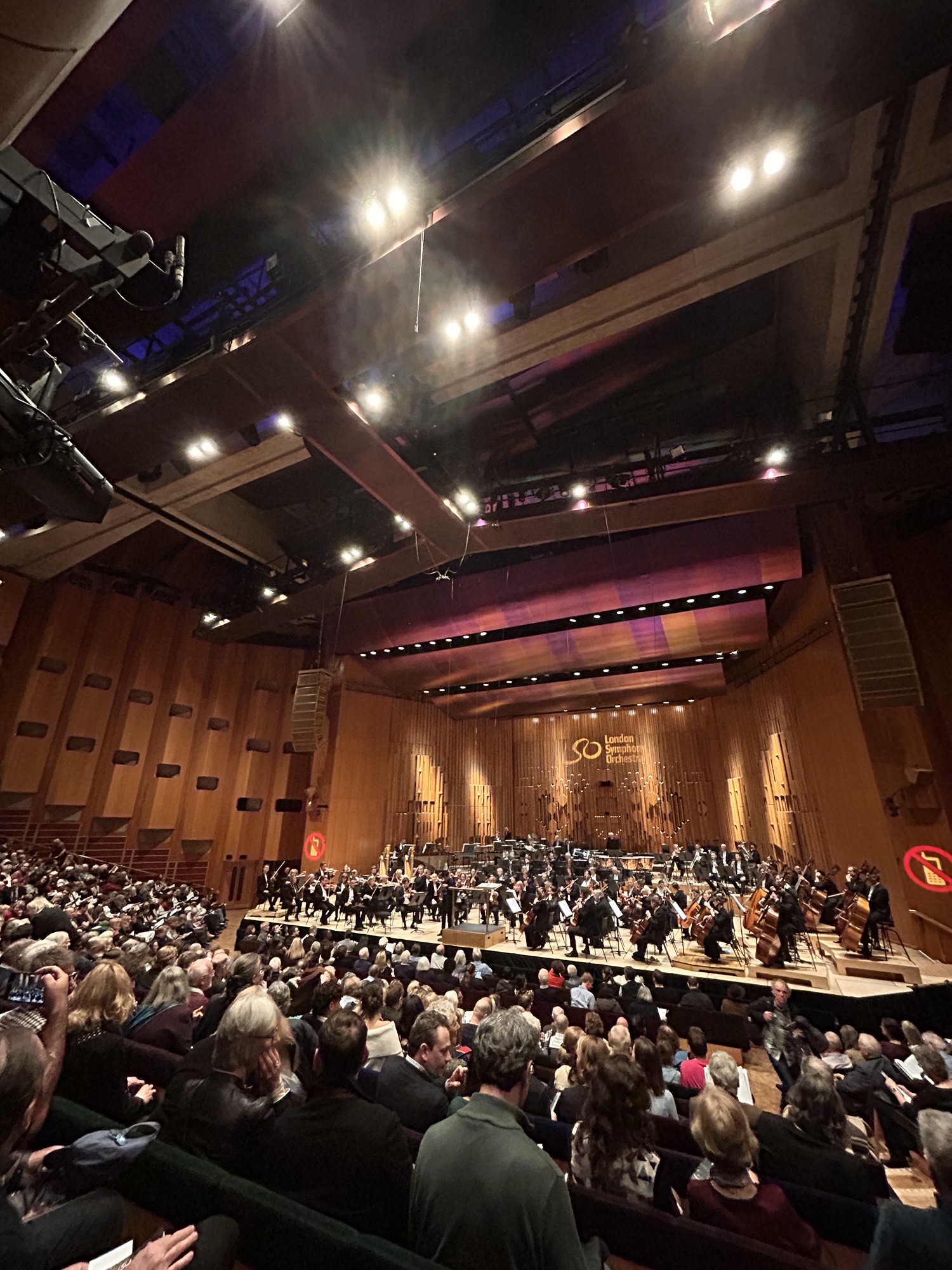The Gramophone Awards are an industry event which celebrates that which has been released the year before and, in the process of handing out the gongs, brings industry figures together in a spangly affair.
But, I’ve always struggled a little to understand where the Gramophone Awards sit in my classical music world.
Beyond the simple explanation I’ve always felt the Gramophones (and the magazine come to that) was another world – the world of recordings, expert assessments, probably a little bit of flannel here and there and, perhaps most importantly, a world where I’d be forced to confront how little I know of the current classical music world.
Perhaps there was even a thought when watching the Gramophones from a distance via a live stream in years gone by that the ceremony and its contents and participants didn’t necessarily represent me or illustrate my connection with the art form. Gramophone magazine was something for the grown-ups not for the frivolous light-on-detail person like me.
What the narrative, contextualisation and representation of the artform actually looks like for me has come into sharper focus over the past six months or so.
But, after a disappointing Proms season, taking to time to gain a deeper understanding of where commercial radio sits in encouraging and catering for a new and varied audiences for classical music, and now the Gramophone Awards, I’m getting accustomed to a more nuanced take on the sector.
Last night’s awards ceremony at the De Vere Connaught Rooms shone new light on the classical music world. A human one.

Seeing counter-tenor Jakub Józef Orliński (someone I had no previous knowledge of – the shame) take up his seat at our table prior to proceedings getting underway provided an opportunity to observe the remarkable energy he exudes. To then see him leap to the stage to sing in a fascinating yet matter-of-fact way meant the mesmerising tone he produced when he sang was electrifying. One minute Jakub was someone sat a table, the next his voice was creating a moment of stillness. The magic of live performance highlighted once again, so too the wonder the human voice can have on other human beings in an instant. I think I’m right in saying that he skipped dessert too. So a lot of self-control there, because I wolfed mine.
Pianist Denis Kozhukhin had a similar impact. His stint at the keyboard (Mendelssohn’s Song Without Words No.1 if I’ve recalled that correctly) silenced the inevitable awards dinner murmurs, glass chinks and fidgeting ice-cubes to create a similarly electrifying moment: busy-ness tackled head-on with innate and immediate musicianship.
The awards also have the added bonus of signposting a path for future exploration.
Knowing that someone who was previously sat across from me (who I also didn’t recognise – the shame) and who I’d assumed was a marketing type but who later turned out to be an award winner made him an interesting character to know more about. That he then sat down at the piano and commanded perfection to emerge from it was one thing. That when he spoke into the microphone when collecting his award with breathtaking understatement and unfussiness made him all the more fascinating.

A lot of this of course is down to the event itself, an entertainment format which, it strikes me, is unique in the classical music world. There is no live cabaret style event where audience surrounds the stage and music is interspersed with speech. We might hear an idea of it on the radio, but we don’t see it on TV. Not anywhere. And that kind of experience would do much to reveal the magic of the art form – intimate music-making for a wider audience where the musicians natural personalities shine as brightly as the music they make just by virtue of speaking from the heart.

The discoveries I made I’m committing to future exploration (with one or two inclusions on the first Thoroughly Good Classical Music Playlist) include Bertrand Chamayou who appeared surprised and possibly even choked when his recording of Saint-Saens piano concertos was announced as both Concerto of the Year and Recording of the Year. Albums recorded by pianist Denis Kozhukin, Víkingur Ólafsson (adorably self-deprecating), and counter-tenor Jakub Józef Orliński.
And a wildcard too.
Cardoso’s Requiem on Hyperion which secured the Early Music Award. Partly because of the arresting image on the cover of the album, but also because it was the Early Music Award I accidentally kicked as I squeezed past table twelve in search of Catherine Bott. No damage was done, but the look on recipient Pedro Alvares Ribeiro’s was momentarily distressing. Profuse apologies offered and accepted, and I managed to find Catherine Bott too.



